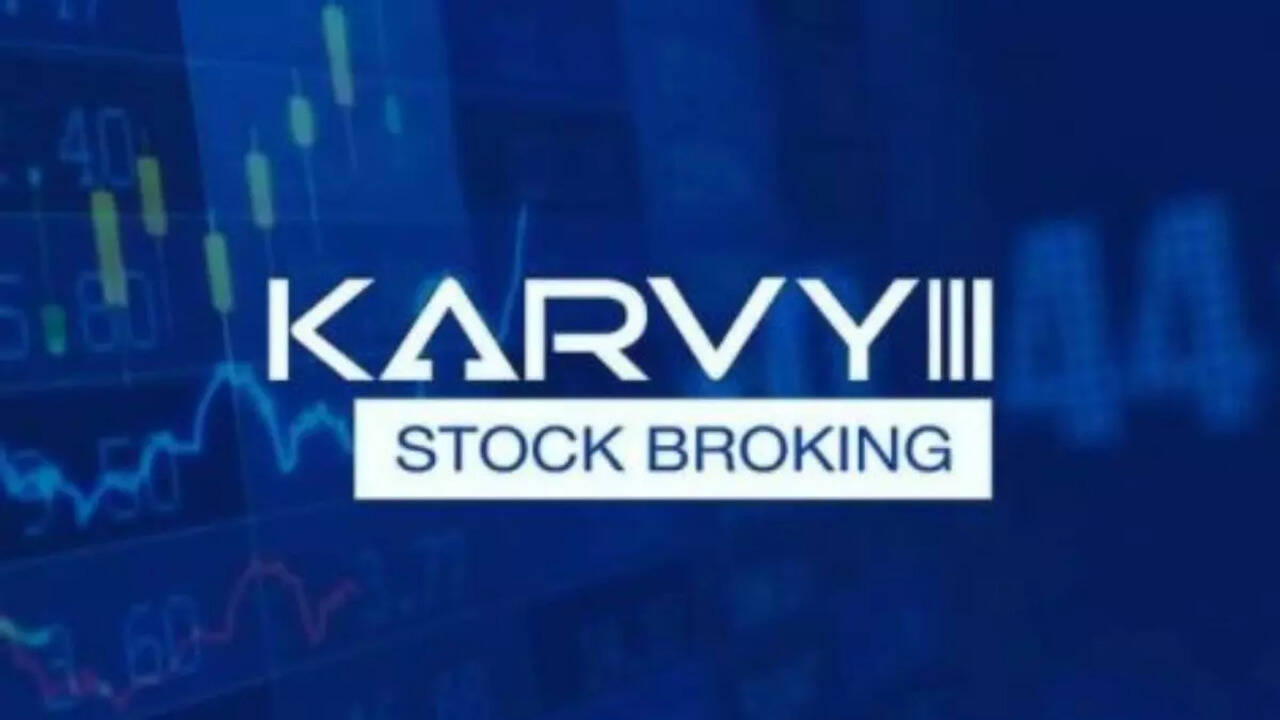Karvy Stock Broking Loses Registration Over Alleged Misappropriation Of Client Funds
As a result of mishandling client cash and securities, Karvy Stock Broking Ltd registration has been revoked by India's market regulator Sebi. This was done after it was discovered that money had been transferred from client accounts to the broker's own accounts.

Through a May 31 order, the market regulator revoked Karvy Stock Broking’s (KSBL) certificate of registration.
On April 28, 2023, the Securities and Exchanges Board of India (Sebi) has barred the stock brokerage firm and its owners from trading for seven years.
This was done in response to several infractions, including the theft of customer securities and the diversion of pledged revenues to the stock broker’s affiliated businesses.
It was also looking into whether Karvy Stock Broking’s transgressions called for the Certification of Registration to be suspended or revoked.
By utilizing the shares of its customers as collateral, Karvy obtained a total of 2,032.67 crores through financial companies as of September 2019.

Additionally, Karvy pledged securities worth a total of $2,700 crore throughout that time.
Karvy was designated as a defaulter and banned by both the BSE and the NSE in November 2020, according to Sebi.
The Intermediaries Regulations “the registration of incorporation of Karvy Stock Broking Ltd” was subsequently annulled.
A penalty of 21 crore rupees and a seven-year ban from the securities market was issued by Sebi on Karvy and its owner Commander Parthasarathy last month for misappropriating customer funds through improper use of the Power of Attorney granted to it.

The regulatory body issued a temporary order preventing KSBL from taking on new brokerage clients in November 2019.
This action was launched in response to the suspected misappropriation of client securities totaling more than 2,000 crores.
The interim order was issued as a result of NSE sending Sebi a preliminary report on violations related to Karvy Stock Broking’s pledge or improper use of the client’s securities.
Finally, Sebi affirmed the directives through the interim period order in November 2020.
The limited intent examination of Karvy Stock Broking that the exchange conducted on August 19, 2019, which covered the period starting on January 1, 2019, resulted in the preliminary report sent to the exchange.
Diverting Client’s Funds
The results of SEBI’s investigation demonstrated that Karvy Stock Broking was involved in a major breach of trust by using client funds without authorization.

It was discovered that the company had improperly secured loans for its use by pledging assets owned by its clients.
These loans were used to finance the company’s investments in real estate and other projects, putting client money at unnecessary risk without their understanding or agreement.
Measures by SEBI
When the serious misappropriation was discovered, SEBI moved quickly to safeguard the rights of the impacted clients.
Karvy Securities Stock Broking’s accreditation was canceled at the regulatory body’s request, essentially prohibiting the company from engaging in any securities-related activity.
The goal of SEBI’s judgment was to protect the credibility of the Indian financial markets and make sure that such misconduct is not tolerated inside the sector.
How Investors were affected?
For those investors who backed Karvy Stock Broking with their money, the termination of the registration has serious ramifications.

Many investors are now confronted with the challenge of retrieving their assets, which has put them in a condition of uncertainty and dread.
Investors have been reassured by SEBI that it is going to take the required actions to secure the recovery of its cash to the greatest degree practicable.
Regulatory Reforms and Lessons Learned
Authorities, investors, and traders have all received a wake-up call as a result of the Karvy Stock Broking disaster.
It emphasizes the pressing requirement for more stringent regulation and improved safeguarding mechanisms in the financial industry.
To enhance the regulatory structure, SEBI has already implemented several reforms, including greater broker oversight, a requirement for client assets to be segregated, and routine audits to look for any potential wrongdoing.
Conclusion
The necessity of upholding confidence and honesty in the world of finance is highlighted by SEBI’s termination of Karvy Stock Broking’s license due to the theft of a client’s funds.
The episode warned investors to use caution when selecting their financial intermediary and to regulatory authorities to keep an eye out for investor interests.
The actions of SEBI demonstrate a strong commitment to upholding the trustworthiness and reliability of India’s capital markets by sending a clear message that any misbehavior or betrayal of investor trust is going to be dealt with severely.
Proofread & Published By Naveenika Chauhan




